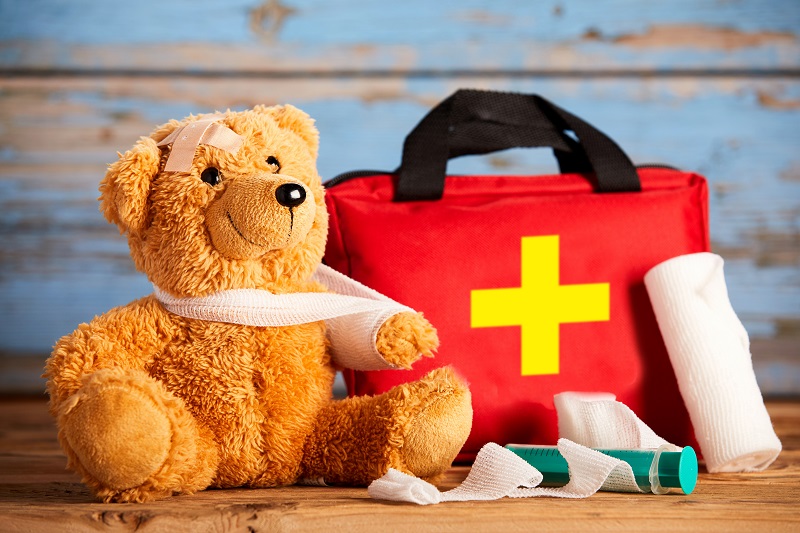Mindfulness
Emergency First Aid Skills That Everyone Should Have
by Veselina Dzhingarova
You never know when an emergency might strike, and if somebody takes seriously ill or is injured when you are around, it’s always best that you know what to do in order to help them the best you can. Learning first aid skills allows you to intervene in a medical emergency and keep things under control until the emergency services arrive. Here are some first aid skills that can save lives, therefore, it’s important for everybody to know them!
#1. CPR
If a patient has gone into cardiac arrest, it’s important that somebody is able to perform CPR on them. Performing CPR is the best way to get the patient’s heart beating again until a defibrillator is made available, either on the scene or by the emergency services. Knowing how to perform CPR could be the difference between life and death when somebody goes into cardiac arrest. You can take a specialized CPR training course, or it is taught as part of any first aid program.
#2. Stopping Heavy Bleeding
Understanding the process to stop heavy bleeding can ensure that a serious wound is much less risky for the patient. Without the right steps to stop bleeding, a patient’s life could be in danger and a blood transfusion may be necessary. You should use a sterile cloth or pad to apply pressure to the wound and raise the affected area as much as possible. It’s also important to be able to recognize the signs of arterial bleeding, as this can cause a patient to bleed out very quickly.
#3. The Heimlich Manoeuvre
If somebody is choking, they will be unable to breathe as the object that is stuck in their throat is blocking their airways. Without assistance, choking can quickly lead to death as the patient will not be getting any oxygen to their heart or brain. Learning the Heimlich maneuver, which involves using your hands to make abdominal thrusts, could allow you to save somebody from choking quickly and effectively.
#4. Spotting a Stroke
When somebody is having a stroke, it’s essential that they get the right treatment as quickly as possible. When the signs of a stroke are spotted and dealt with as quickly as possible, the patient is more likely going to be able to live a normal life and make a full recovery. Although strokes are usually associated more often with the elderly, there is no minimum age limit to suffering one. Signs of a stroke include dizziness, numbness on one side of the body, impaired speech, difficulty seeing out of either one or both eyes, disorientation, and trouble walking straight. Bear in mind that if you spot the signs of a stroke, the patient will need urgent care as quickly as possible.
#5. Treating Shock
During accidents and traumatic events, shock is the biggest danger to patients involved. Even if a person has been able to narrowly miss any serious physical harm, the shock of the situation can cause them to become very unwell. Shock is caused by a lack of blood to the brain and generally manifests itself with symptoms such as feeling faint, dizzy and disorientated. If a patient is suffering from shock, have them lie on their back with their feet raised until the symptoms are relieved.
Which of these skills do you have?
About the Author
Veselina Dzhingarova is a passionate blogger, traveller and loves dancing. She loves sharing her wisdom with the world. Veselina is a regular contributor at many online publishers.





One thought on “Emergency First Aid Skills That Everyone Should Have”
Comments are closed.